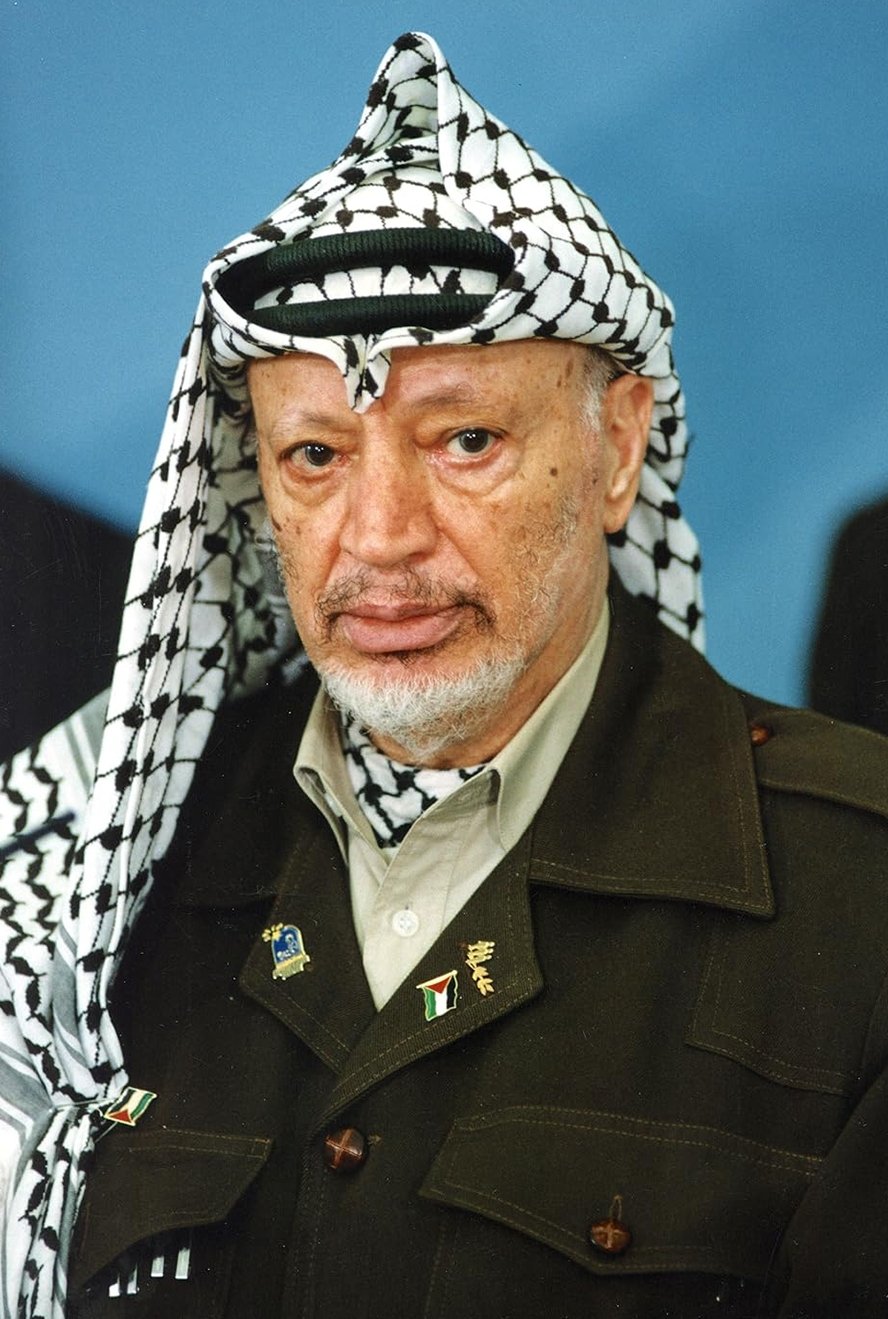
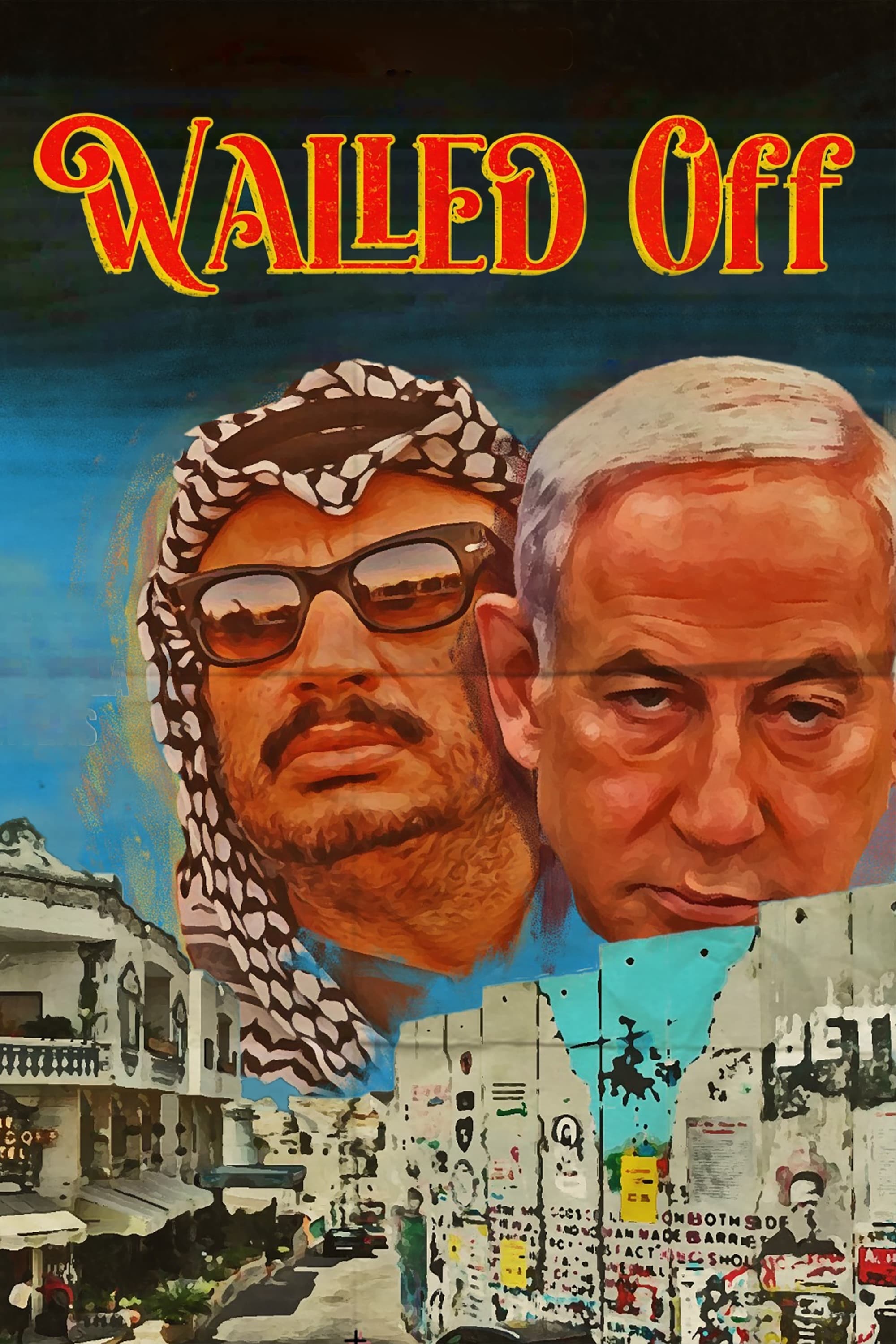
A secret museum in an art hotel sparks intrigue when it's revealed to be a creation of controversial artist, Banksy. Using art as a form of political resistance, the hotel highlights the reality of life under Israeli military occupation. The film journeys through the hotel, Palestine, and a relevant past to dismantle the mainstream media's bias towards the Palestinian struggle for freedom and equality.

An exhaustive explanation of how the military occupation of an invaded territory occurs and its consequences, using as a paradigmatic example the recent history of Israel and the Palestinian territories, the West Bank and the Gaza Strip, from 1967, when the Six-Day War took place, to the present day; an account by filmmaker Avi Mograbi enriched by the testimonies of Israeli army veterans.
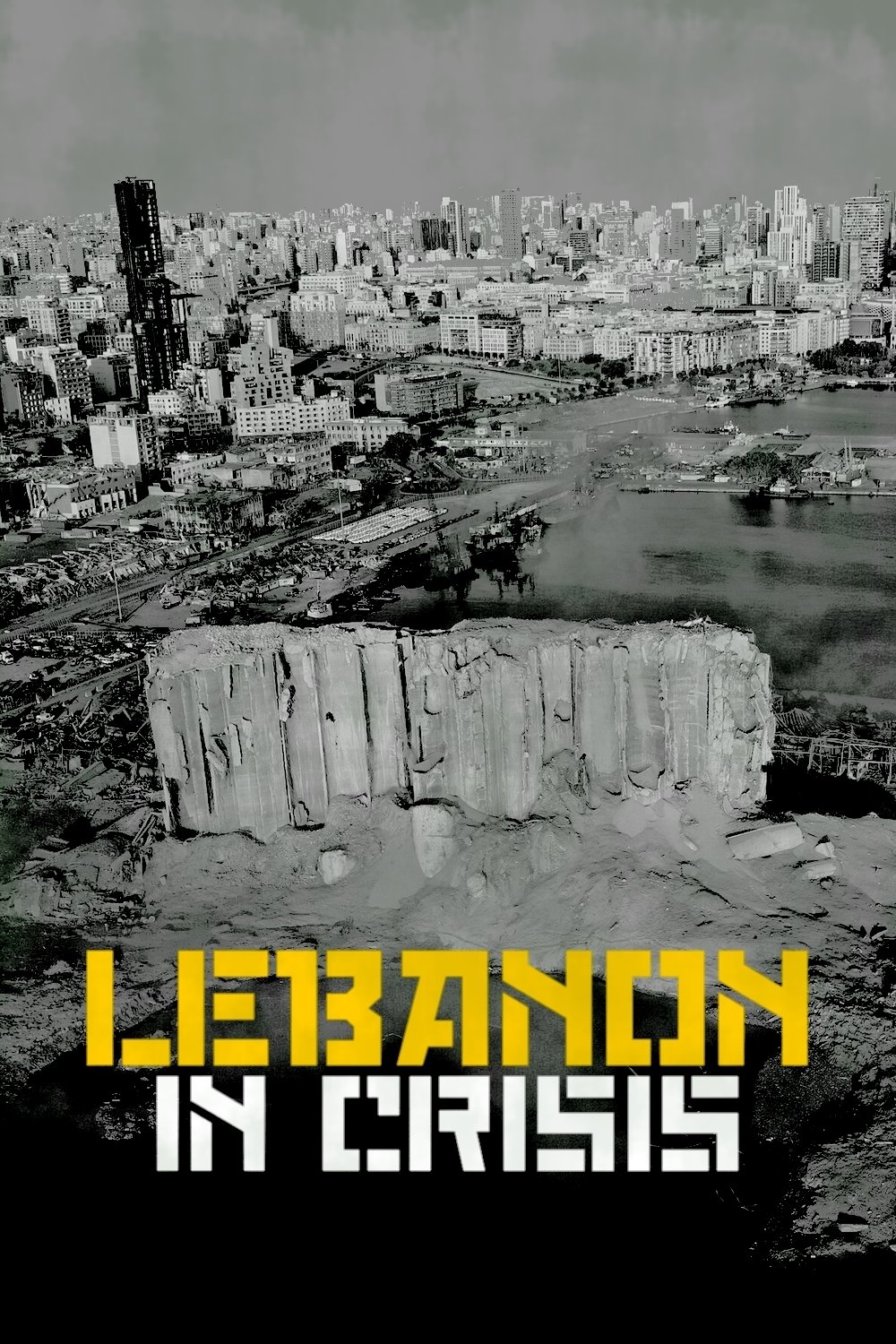
The apocalyptic blast in the Port of Beirut, Lebanon, on August 4, 2020, exacerbates anger at those in power: protests cross religious boundaries as the Lebanese people curse corruption, nepotism, gross economic mismanagement and squandering of resources. How did the Land of Cedars, a country with so much to offer, allow itself to get into such a dire situation? And will it be able to bounce back?
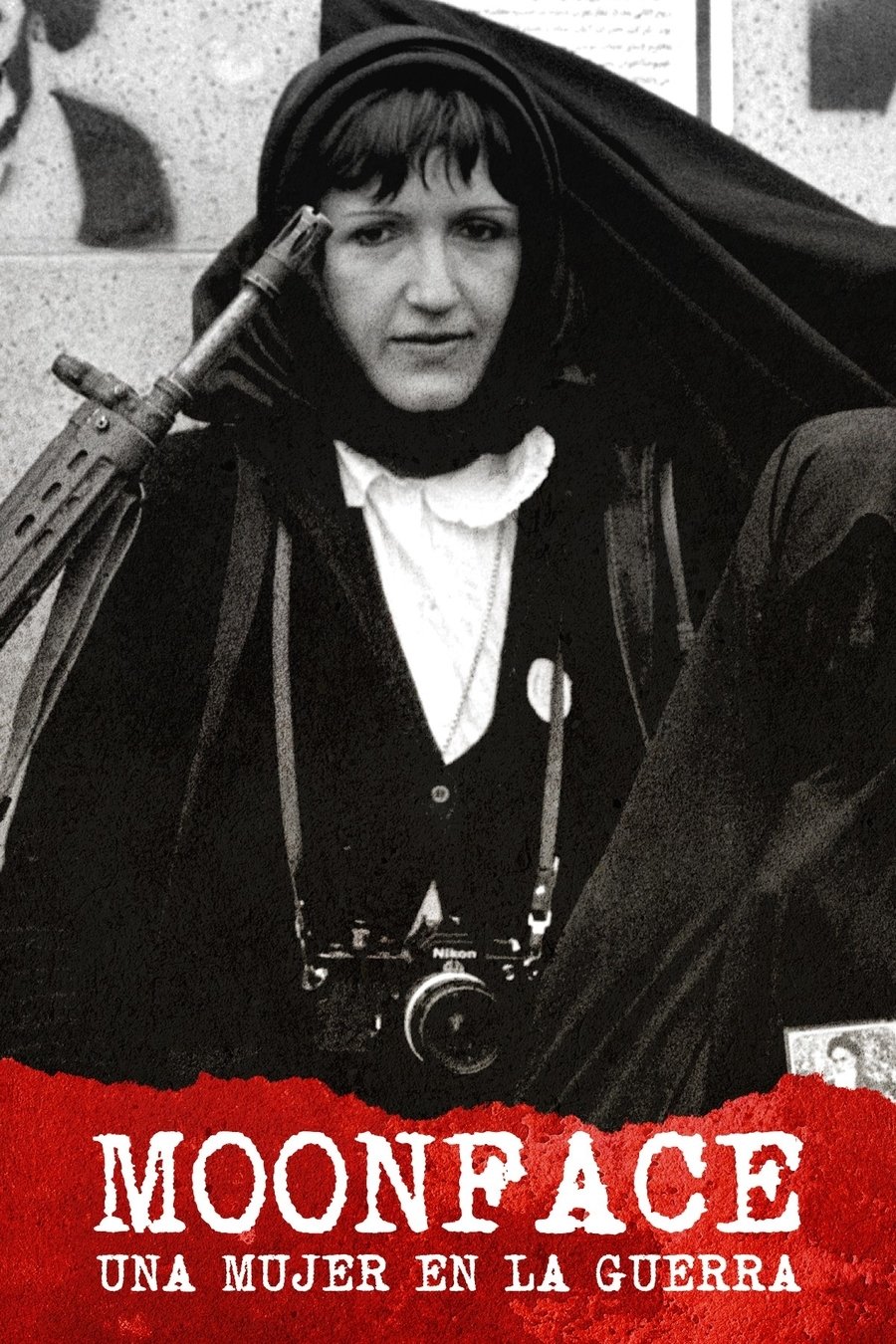
A walk through the life and career of the legendary French photojournalist Christine Spengler, known as Moonface, one of the few female war reporters in the seventies, also a writer and surrealist painter, who worked in Chad, Northern Ireland, Vietnam, Cambodia, Afghanistan, Lebanon, Iran, Iraq and other places where unfortunately war and death prevailed for years.
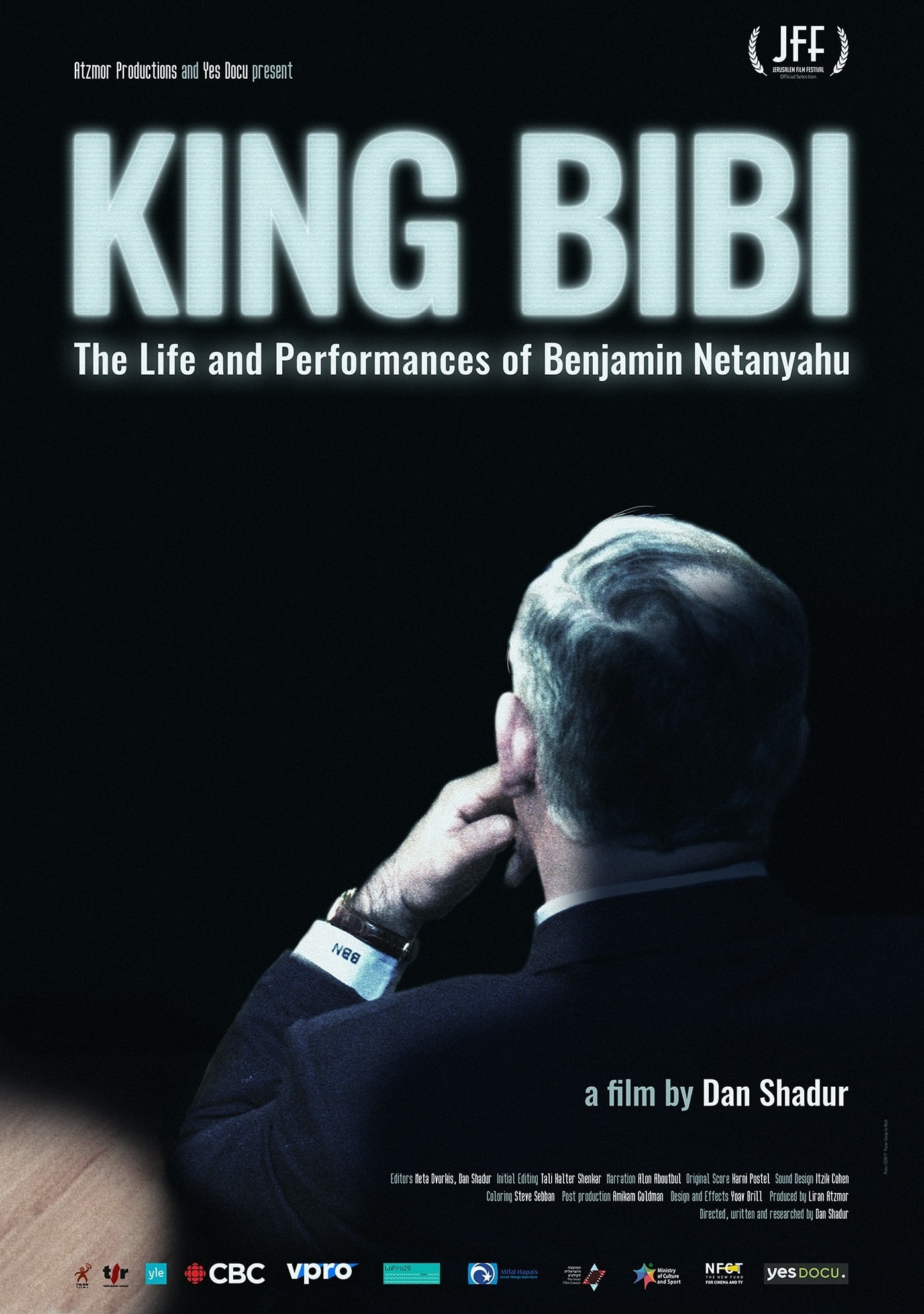
Twenty years before the spectacle of Donald Trump, Benjamin Netanyahu already understood the political benefits of a toxic relationship with the media, and direct communication with the public. King Bibi explores Netanyahu's rise to power, relying solely on archival footage of his media performances over the years: from his days as a popular guest expert on American TV, through his public confession of adultery, and his mastery of the art of social media. From one studio to another, "Bibi" evolved from Israel's great political hope, to a controversial figure whom some perceive as Israel's savior, and others - as a cynical politician who will stop at nothing to retain his power.
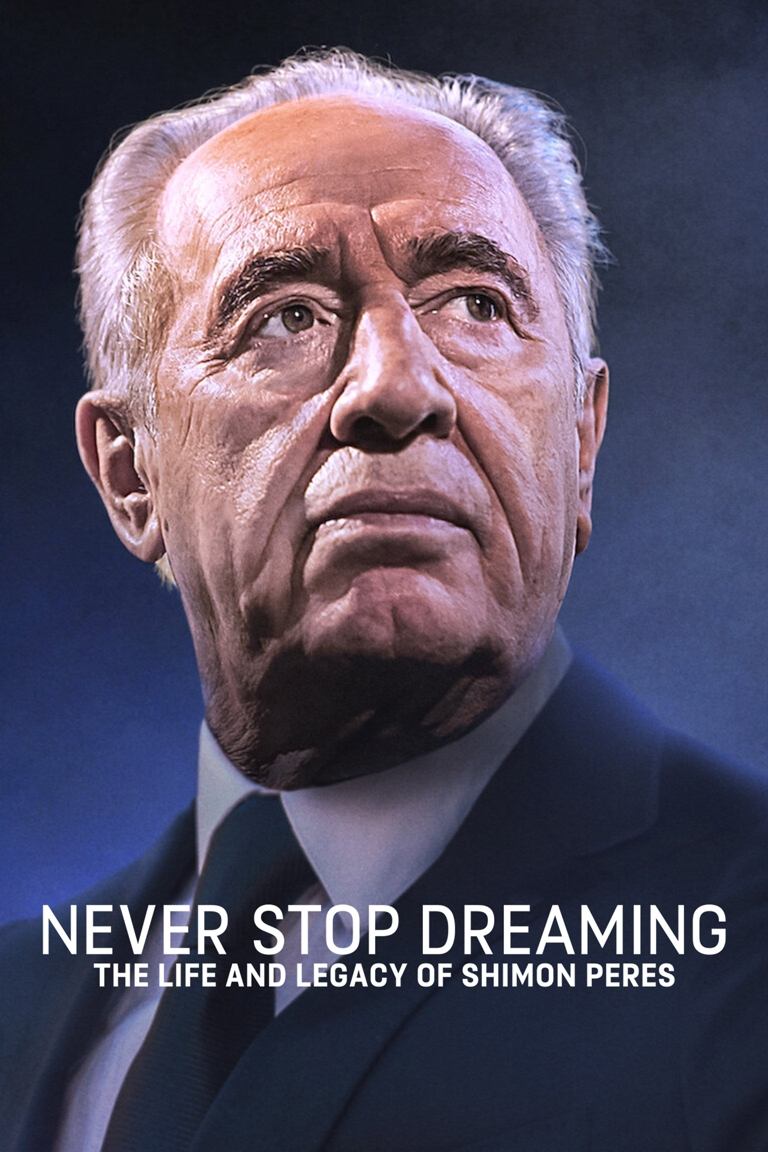
A look back on the life of Nobel Peace Prize winner, Shimon Peres, who served as prime minister of Israel twice and negotiated the 1994 Israel-Jordan peace treaty.
Two Meetings and a Funeral explores Bangladesh’s historical pivot from the socialism of the 1973 Non-Aligned Movement (NAM) meeting in Algeria to its ideological counterpoint, the emergence of a strong Islamic perspective at the 1974 Organisation of Islamic Countries (OIC) meeting in Lahore. Centred on Bangladesh’s navigation of these two historic meetings, as well as its fight for United Nations recognition (vetoed by China, acting as a proxy for Pakistan), the film considers the erosion of the idea of the Third World as a potential space for decolonialism, liberation theology and socialism. In particular, it looks at how a transnational Islamic ‘ummah’ concept was used against socialist forces.
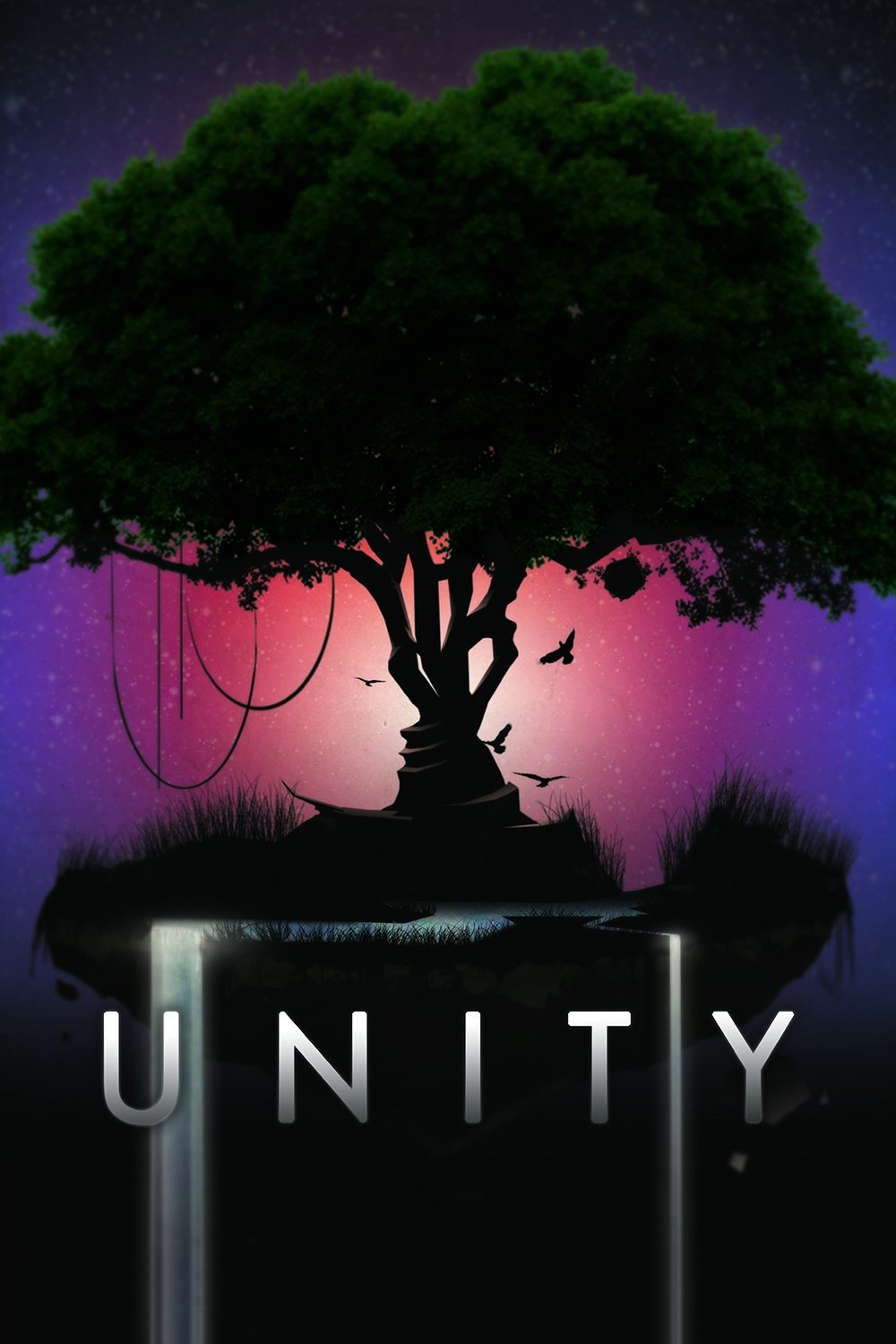
Despite the advent of science, literature, technology, philosophy, religion, and so on -- none of these has assuaged humankind from killing one another, the animals, and nature. UNITY is a film about why we can't seem to get along, even after thousands and thousands of years.
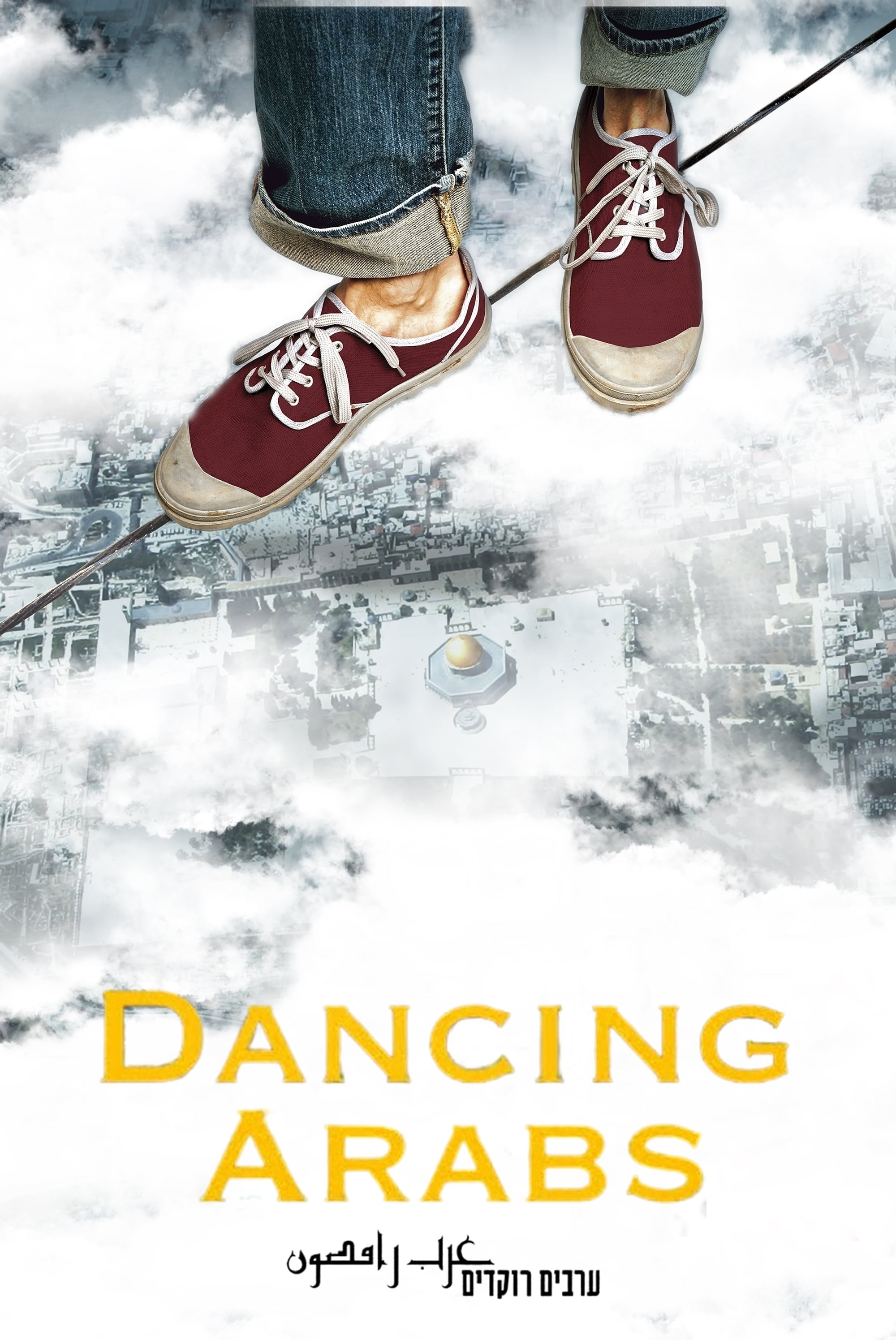
A young Arab is caught between cultures as he is sent to a prestigious Jewish boarding school in Israel in the 1980s.
Yasser Arafat (in Arabic: ياسر عرفات), born August 24, 1929 in Cairo, Egypt and died November 11, 2004 in Clamart (Hauts-de-Seine, France), real name Mohamed Abdel Raouf Arafat al-Quudwa al- Husseini (Arabic: محمد عبد الرؤوف عرفات القدوة الحسيني) and also known by his nickname (kounya) of Abou Ammar, is a Palestinian activist and statesman. Leader of Fatah and then also of the Palestine Liberation Organization, Yasser Arafat remained for several decades a controversial figure in the expression of the national aspirations of the Palestinians before appearing for Israel as a partner in discussions within the framework of the process. of Israeli-Palestinian peace in the 1990s. Yasser Arafat then represented the Palestinians in the various peace negotiations and signed the Oslo Accords in 1993. He became the first president of the new Palestinian Authority and received the 1994 Nobel Peace Prize alongside Shimon Peres and Yitzhak Rabin. From 2001, after the failure of the Taba summit and the outbreak of the second intifada, he gradually lost his credit with part of his people who reproached him for the corruption of his authority. He found himself isolated on the international scene while the Israelis elected Ariel Sharon to the post of Prime Minister of Israel, leading to a hardening of the Israeli position towards the Palestinian leader, forced to no longer leave Ramallah. This isolation was only broken on the eve of his death, when he was rushed to Clamart, where he died at the age of 75. In 2012, the remains of Yasser Arafat were exhumed to study the hypothesis of death by polonium 210 poisoning. The team of Swiss experts concluded that it was poisoning, but the Russian and French teams concluded that it was death from old age. following gastroenteritis. According to the Swiss newspaper Le Temps, Yasser Arafat died of polonium poisoning in 2004, the Al-Jazeera news channel and his widow Souha said on Wednesday. They are based on the report from the Institute of Radiophysics of Lausanne, which analyzed the remains of the former Palestinian leader, who died in 2004 in Paris.
By browsing this website, you accept our cookies policy.